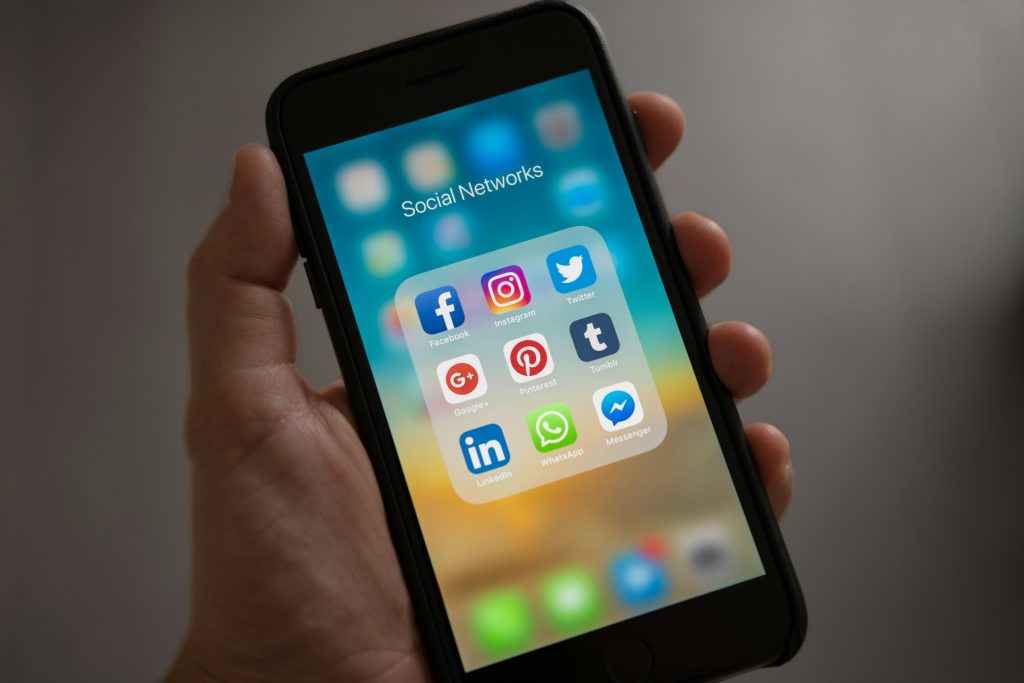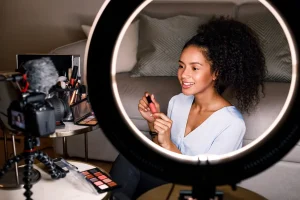Countries across the world are coming down hard on social media usage in teens and young children. Australia is one country that has announced plans to introduce a minimum social media age. We deliberate the response in this article.
Social media has matured expeditiously over the last ten years, weaving itself into the fabric of our lives. Its impact on humanity is gradually coming to the fore and has caught the gaze of governments across the world. Australia has announced plans to introduce minimum age limits which has met with outcry from many. Read on as we discuss Australia’s restrictions on social media.
Table of Contents
ToggleAustralia’s Social Media Plans
On September 10th, Australian Prime Minister Anthony Albanese stated his country’s plan to introduce sweeping changes to social media, setting an age cap for its use. This would include introducing an age verification trial before introducing a preliminary social media age this year.
This has sparked backlash. Despite not giving an exact age, it is expected to be around 14 years. Many consider this too high, but Albanese argues that he wants children off social media and onto football fields and tennis courts.
All this has been in response to an increased interest in the harm caused both physically and mentally by social media and too much screen time. A recent parliamentary inquiry has taken place in the country to look at the impact of social media on society. This has included testament from those who have been impacted by the platforms.
This plan will make Australia one of the first in the world to impose such a restriction on social media. Similar plans were introduced in the European Union. However, it was said that this curbed the online rights of minors and failed as a result.
Ways to Curb Social Media Use
Meta, who owns Facebook and Instagram, already has a minimum age of 13. In response, it said it wants to empower young people so they can benefit from its platforms. It wants to support children and their parents by providing the right tools, instead of just cutting off access.
A rise in the use of these types of tools has already been seen. Most mobile devices now come equipped with health monitors. These can restrict access to certain applications, and set time limits before the device closes them down for the day. By using them, both parents and children can regulate how much time they are spending online.
Other helpful third-party tools are ad blockers. While these are primarily used to enhance the usability of a website, ads are one of the most invasive methods of privacy encroachment currently online. They are presented after browsing data has been tracked, targeting all age groups with carefully curated products and services to grab their attention. Many believe this has fuelled a drop in the human attention span. Programs that help you block ads on Twitter and other social media platforms can create a more focused platform, cutting down the clutter that distracts users.
TikTok Is the Most Popular Social App
Australia has one of the highest levels of internet usage by population in the world. Of its 26 million inhabitants, four-fifths of them are on social media.
Governments around the world are currently in a battle with social media companies, many of which are linked to large tech companies. Yet each country has its own favored social media apps. This makes it hard to get a unified approach to implementing change in social media. The resulting fallout can be a situation like that in Brazil, where Twitter has been completely banned from the country.
A study by Mailsuite broke countries down into their favorite social apps, judged by the number of five-star ratings on the Google Play store. Across the world, TikTok is on top as the most used app. A total of 36.2% of its users are aged between 18 to 24, showing it appeals to a very young demographic.
This is followed in popularity by a relative newcomer, Threads. Instagram’s text-based app, seems to have had an influx of new users in response to a backlash against Twitter. Countries from Switzerland to the Dominican Republic now list it as their most used social media app.
In third and fourth place respectively are Facebook and Instagram. However, other apps like Be Real and Likee, relatively unheard of in some parts of the world, are vastly popular in others.
Should Children Be Banned From Social Media?
There are counterarguments, many of which have risen as people start voicing their opinions. Daniel Angus, the director of the Queensland University of Technology Digital Media Research Centre told Reuters that this legislation could exclude younger people from the digital mainstream. This may push them to lower-quality online spaces. The country’s eSafety Commissioner also said it may restrict young people’s access to critical support and also mentioned a move to lower quality, less regulated services.
A body that also represents social media companies in the country, Digi, has also railed against it. It advises that the government should begin to consider the advice of experts, such as those in the eSafety Commission. It should also listen to mental health experts, LGBTQIA+, and other marginalized groups. They have also expressed concerns it may push children into less regulated and visible parts of the internet.
There are also studies that advocate social media and its usage have no impact on your child’s life satisfaction. Of a child’s wellbeing, 99.6% of it has nothing to do with social media. This is according to a global mental health survey covering 168 countries over 18 years. While social media usage may increase if your child gets dissatisfied with their life, no evidence suggests that more use of social media contributes to it.
Social media may lead to bad habits, particularly if your children are viewing content that they should not be. However, it remains to be seen if an increase in social media usage will damage your child or make them unhappy. For now, it may still be up to you, the parent, to decide how and when your child uses devices and applications.





